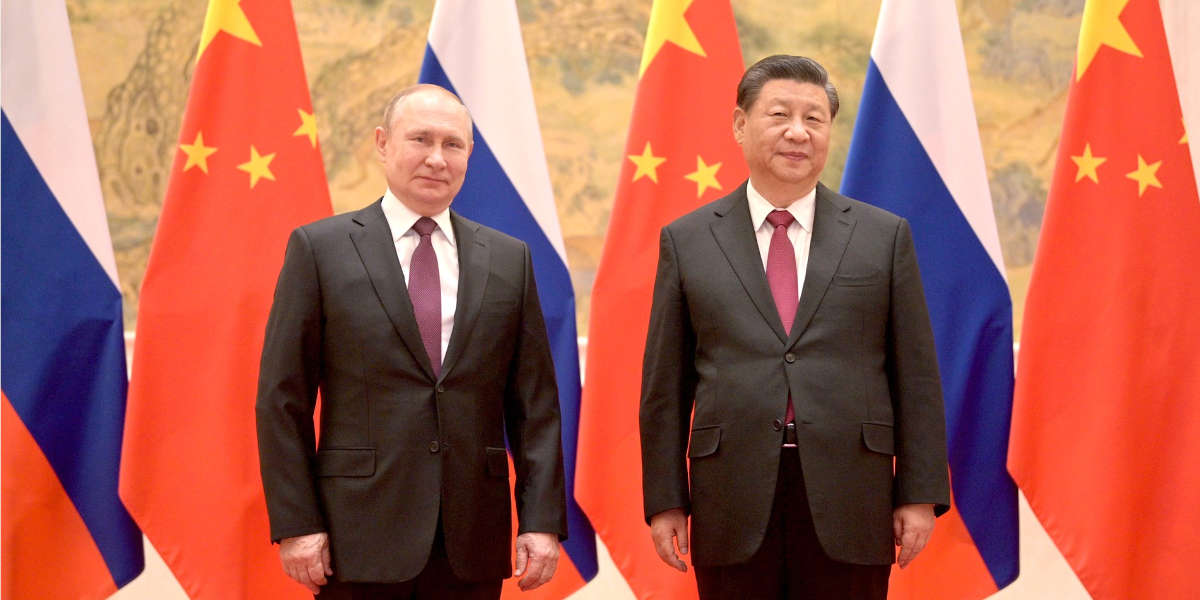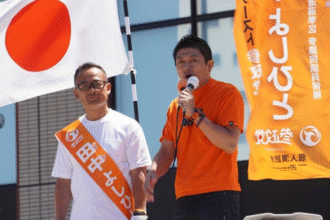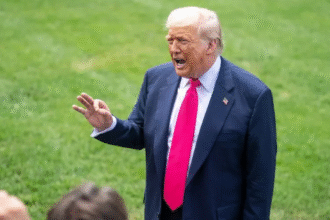BRUSSELS In a closed-door diplomatic meeting, China’s Foreign Minister Wang Yi reportedly told the European Union’s chief diplomat that Beijing cannot accept a Russian defeat in the war against Ukraine, according to a senior EU official familiar with the talks. The remark suggests a stark contrast between China’s public stance of neutrality and its geopolitical calculations behind the scenes.
The conversation allegedly took place during a four-hour bilateral discussion with EU Foreign Affairs Chief Kaja Kallas in Brussels, covering a wide range of topics including cybersecurity, trade imbalances, Taiwan, rare earth exports, and the Middle East. While China has long maintained a neutral posture regarding the Ukraine conflict, this private admission reveals deeper strategic anxieties about a possible geopolitical realignment if Moscow were to collapse.
“A Russian defeat could free up U.S. military and diplomatic bandwidth to fully shift its strategic focus onto China,” the official interpreted from Wang’s comments.
China’s Strategic Interests Behind “Neutrality”
The statement reflects what many Western analysts have suspected: that Beijing has a vested interest in prolonging the Ukraine conflict, even if it continues to claim impartiality. A protracted war in Europe would keep the United States distracted and reduce pressure on China’s ambitions in East Asia, particularly in areas like Taiwan and the South China Sea.
This stance contradicts Beijing’s long-standing narrative that it is not a party to the conflict, and instead seeks ceasefire, dialogue, and a political solution. On Friday, Chinese Foreign Ministry spokeswoman Mao Ning reiterated this public position when questioned about the reports.
“China is not a party to the Ukraine issue,” she said. “Our position remains consistent: negotiation, ceasefire, and peace.”
However, observers argue that China’s “constructive role” has been largely symbolic, with few tangible efforts to bring either side closer to resolution.
“No Limits” Partnership Still in Effect
China’s political and economic partnership with Russia has grown since the war began. Just weeks before the 2022 invasion, President Xi Jinping and Vladimir Putin declared a ‘no limits’ partnership, and Beijing has since strengthened bilateral ties both economically and diplomatically.
Though Beijing has offered itself as a potential mediator, it has also faced international scrutiny. Several Chinese companies have been sanctioned by Ukraine for allegedly supplying drone components and dual-use technologies used in Russian missile systems.
Recently, Ukraine’s Foreign Minister Andrii Sybiha shared images of drone fragments recovered in Kyiv, allegedly manufactured in China. One of the pieces bore a label stating the equipment was made in China on June 20, fueling speculation that Chinese firms may be aiding Russia militarily, even if unofficially.
Chinese Entities Targeted in Collateral Damage
Adding to the irony, Sybiha noted that the Chinese Consulate General’s building in Odesa was damaged during a recent Russian missile strike, despite China being perceived as an indirect supporter of Moscow.
“There is no better metaphor,” Sybiha wrote, “for how Putin continues to escalate his war and terror while involving others including North Korean troops, Iranian weapons, and Chinese manufacturers.”
Foreign Fighters and China’s Response
Earlier this year, unconfirmed reports also emerged suggesting that Chinese nationals may have joined Russian forces in Ukraine. While there’s been no official verification, Beijing vehemently denied the allegations and reiterated its policy urging Chinese citizens to avoid all foreign military conflicts.
Despite these denials, the optics of Chinese involvement economically, diplomatically, and possibly militarily continue to cloud China’s narrative of neutrality. The risks for Beijing are immense. A clear alignment with Russia could alienate European trading partners, while failing to stand by Russia may jeopardize its strategic alliance with Moscow.
Global Ramifications
The incident has renewed Western concerns over China’s real intentions regarding the Ukraine conflict. Analysts suggest that if China truly opposes a Russian loss, it may become increasingly active behind the scenes to ensure Russia remains in the fight, potentially prolonging the war to serve its own regional interests.
Meanwhile, the EU’s diplomatic approach remains cautious but firm. Kaja Kallas’s tough but respectful engagement with Wang Yi hints at a growing realization in Brussels that China’s global ambitions may not align with its public diplomacy.
As tensions escalate from Eastern Europe to the Indo-Pacific, the interconnectedness of global conflicts becomes ever more apparent and China’s role in shaping or prolonging those conflicts may be more central than it admits.






